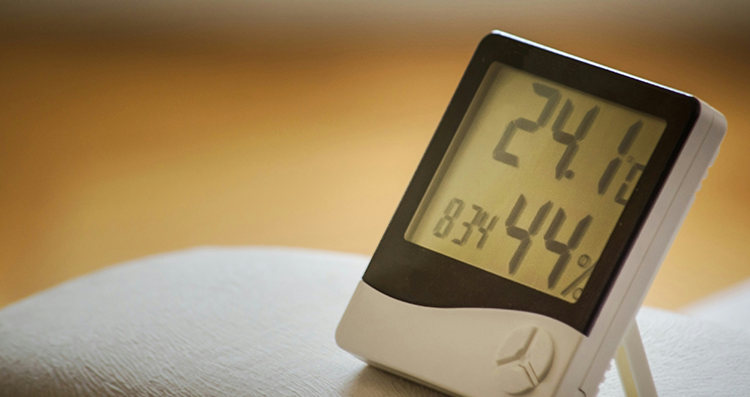Update on the indoor air quality legislation: is your publicly enclosed space in order?
Good air quality is essential for people’s health. Not only for your employees but also of anyone who enters a publicly enclosed space of your organisation. May 2024 saw some important legislative updates to improve indoor air quality in publicly enclosed spaces. Find out exactly what that means and what the consequences are for your organisation below.
Background of the new legislation
On 18 May 2024, a law was passed with various provisions around health and finance, aiming to improve indoor air quality in publicly enclosed spaces. This law complements the earlier law of 6 November 2022 and introduces some key requirements that publicly enclosed spaces must comply with starting on 1 January 2027.
What is a publicly enclosed space?
An enclosed place open to the public, more specifically premises enclosed by doors or walls, having a ceiling or floor, and not limited to the family or purely professional sphere.
For example: a meeting room is not covered by this provision. This does include a working environment to which non-employees have access, e.g. reception area, sanitary facilities, etc.
Attention: Please note that this does not cover your employees' private workplaces such as a (closed) office that is not publicly accessible, meeting rooms and other work environments that are not publicly accessible. Different legislation applies to these, see FPS WASO.
Do you need help with this? We can support you with advice on air quality and ventilation.

What has changed?
From 1 January 2027, publicly enclosed spaces are required to comply with three key points. The three obligations of the renewed legislation are:
- Use of air quality monitors: Companies must install air quality meters to continuously monitor air quality and inform the public about these.
- Development of a risk analysis: A detailed risk analysis must be available, identifying potential sources of pollution and assessing air quality.
- Action plan: If the risk analysis reveals problems, an action plan must be drawn up to address them.
There will also be a certification and labelling system to ensure transparency to the public. The specific requirements of air quality meters and the information to be included in the risk analysis and action plan can be read in the Royal Decree of 12 May 2024.
What is the difference between a risk analysis and an action plan?
A risk analysis identifies risk factors such as ventilation, systems in place, and possible sources of pollution. The action plan defines the steps to improve this air quality, with specific short-, medium- and long-term actions.
Key elements in the risk analysis:
- Description of rooms, ventilation systems and possible pollution sources.
- Representative air quality measurements assessing the state of the air.
Key elements in the action plan:
The action plan should outline actions to improve air quality. This includes installing additional air quality monitors and maintenance measures for existing systems.
The FPS Public Health also provides practical guides around the implementation of these aspects:
- Practical guide around the selection, installation, use and maintenance of air quality meters. (only in Dutch, French and German)
- Practical guide on drawing up a risk analysis and action plan. (only in Dutch, French and German)
When does it change?
These obligations take effect in stages from 1 January 2027 and must be fully implemented by 31 December 2037.
However, there is an option to voluntarily start this as early as 1 October 2024.

Do I have to do anything right now?
No; the obligation is only applicable from 1 January 2027. However, since 1 October 2024, you may already voluntarily start implementing the new aspects. You can do so using the manuals above. You can also proactively invest in the indoor air quality of your rooms by, for example installing a CO2 detector.
Conclusion
It is clear that the new indoor air quality legislation will have a significant impact on companies working in publicly enclosed spaces. By taking steps towards compliance now, not only can your company meet future legal requirements, but also ensure a healthy and productive working environment.
How Mensura can help you
If your company needs help optimising indoor air quality, we are at your service! Leave your contact details in the form below and we will look at the best plan of action together.